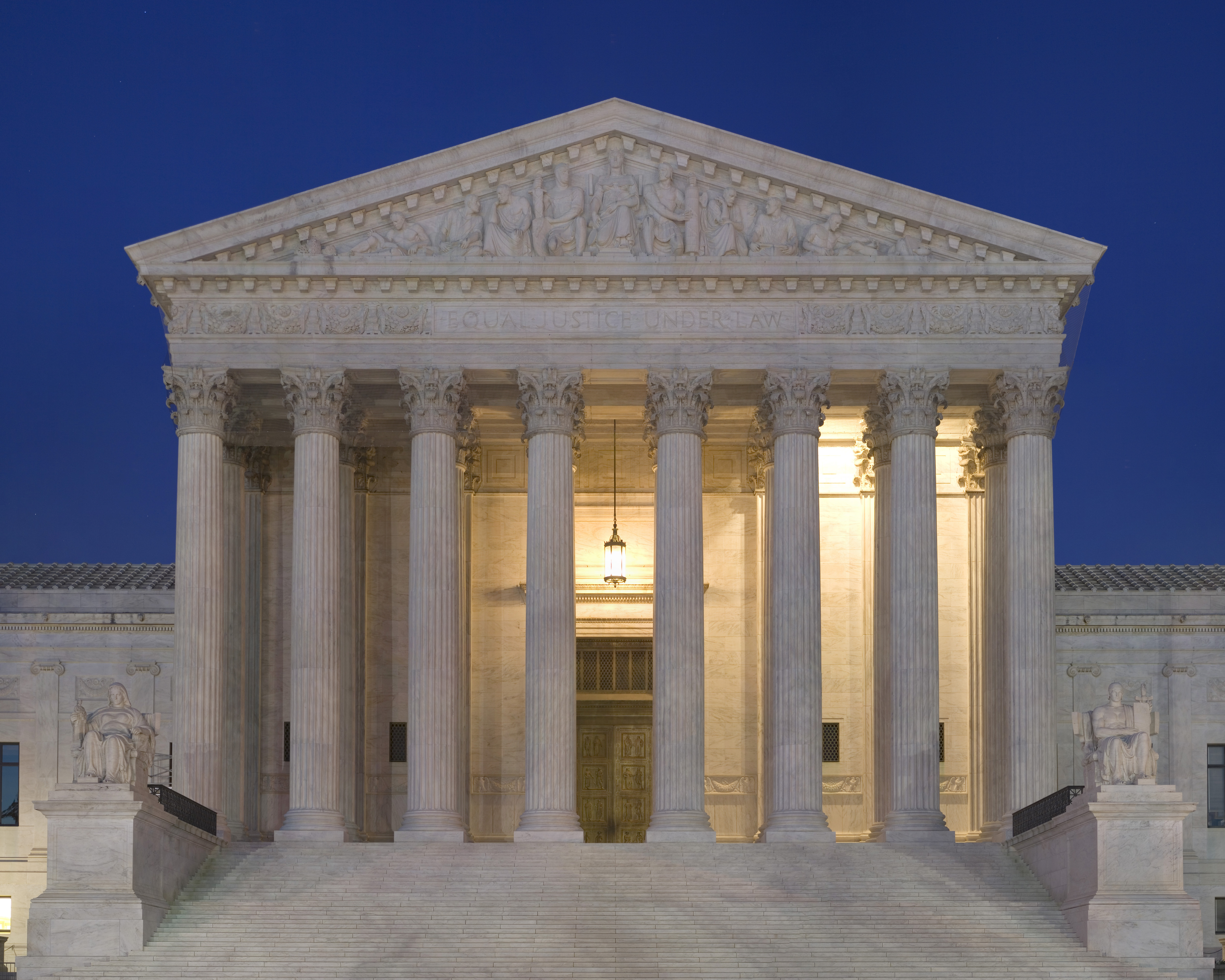
Trump’s Travel Ban Narrowly Upheld by the Supreme Court
On June 26, 2018, the Supreme Court upheld President Trump’s September 24, 2017 Presidential Proclamation (Travel Ban 3.0) by a vote of 5 to 4, allowing the travel ban to remain in effect. Currently, nationals of seven countries, Iran, Libya, North Korea, Somalia, Syria, Venezuela, and Yemen, are subject to various travel restrictions contained in Travel Ban 3.0, subject to some exceptions and waivers set forth in the ban.
Unless an exemption applies, or the individual is eligible for a waiver, the travel restrictions apply to foreign nationals of the designated countries who: (i) are outside the U.S. on the applicable effective date; (ii) do not have a valid visa on the applicable effective date; and (iii) do not qualify for a reinstated visa or other travel document that was revoked under Presidential Executive Order 13769.
The travel restrictions do not apply to:
- lawful permanent residents (“green card” holders);
- Dual nationals of a designated country who are traveling on a passport issued by a non-designated country;
- foreign nationals who are admitted to or paroled into the U.S. on or after the applicable effective date;
- foreign nationals who have a document other than a visa (e.g., transportation letter, boarding foil, advance parole document) valid on the applicable effective date or issued on any date thereafter;
- Foreign nationals traveling on diplomatic visas, NATO visas, C-2/U.N. visas, or G-1, G-2, G-3, or G-4 visa; or
- Foreign nationals who have been granted asylum in the U.S., refugees who have been admitted to the U.S., or individuals who have been granted withholding of removal, advance parole, or protection under the Convention Against Torture.
Finally, a waiver from the restrictions may be granted if a foreign national demonstrates to the consular officer’s or CBP official’s satisfaction that:
- Denying entry would cause the foreign national undue hardship;
- Entry would not pose a threat to the national security or public safety of the U.S.; and
- Entry would be in the national interest.
